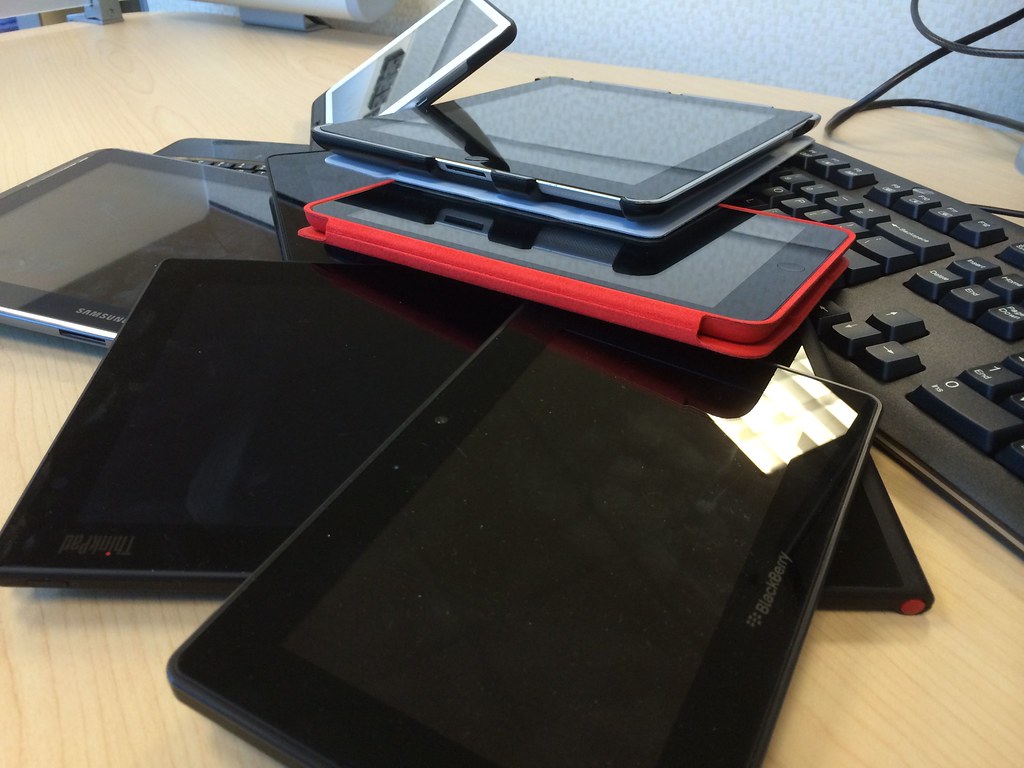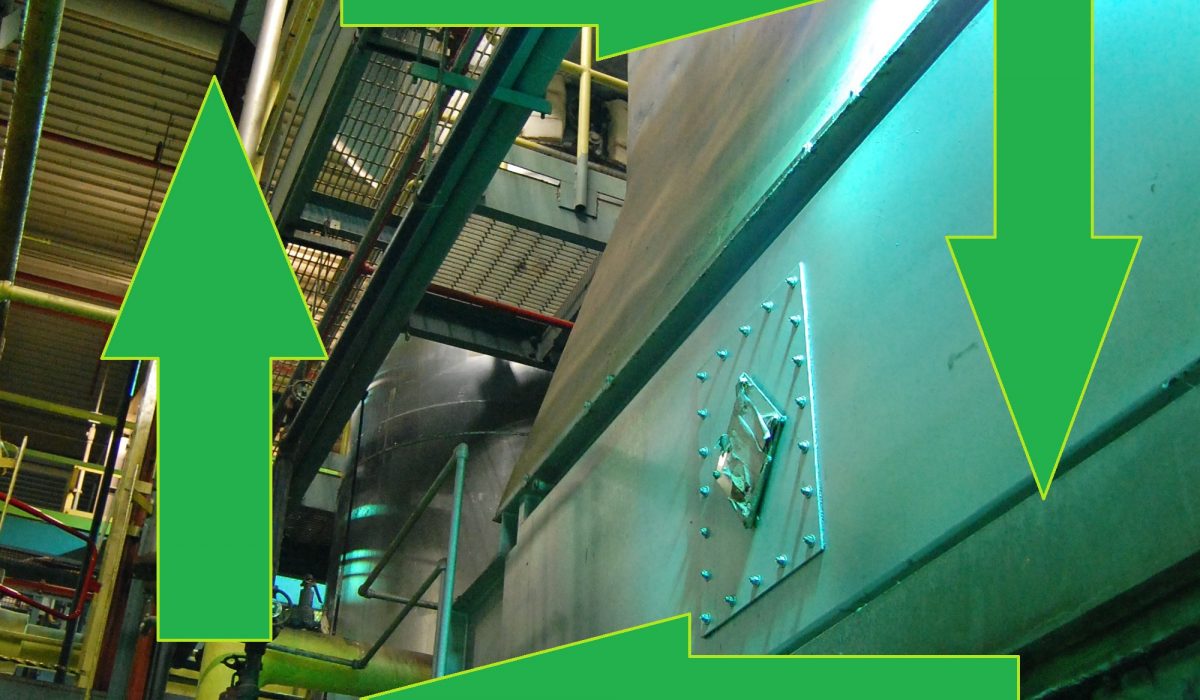 In the January 2014 issue of Control Engineering Magazine, Mark T. Hoske makes ten predictions for the new year, one of which is more processes will be streamlined and add automation. Hoske expands on this idea by pointing out that return on investment is the highest when automation is applied to lean processes.
In the January 2014 issue of Control Engineering Magazine, Mark T. Hoske makes ten predictions for the new year, one of which is more processes will be streamlined and add automation. Hoske expands on this idea by pointing out that return on investment is the highest when automation is applied to lean processes.
Un-optimized processes can unknowingly generate a lot of waste. Automating anything in such a system will likely have little benefit, if any. You can’t know if automation is the rights step to take if you don’t know whether or not you’re creating waste. The last thing any business needs is an automated system that uses too much fuel or materials.
The reason why Mark Hoske singles out lean processes is because they have already been optimized to such an extent that nothing is frivolous or wasted. Every asset in the system is performing its ideal job and producing ideal information. In such a system, it is easy to identify the areas which would benefit most from automation.
When you find the right engineering consultant, you don’t have to worry about the potential waste your current system is producing. The best in the business know the first step requires a look at the whole picture. There is no point in automating just for the sake of automation. The right partner will make sure you understand if what you want can accomplish your goals and if there are any methods that can accomplish them more efficiently.


